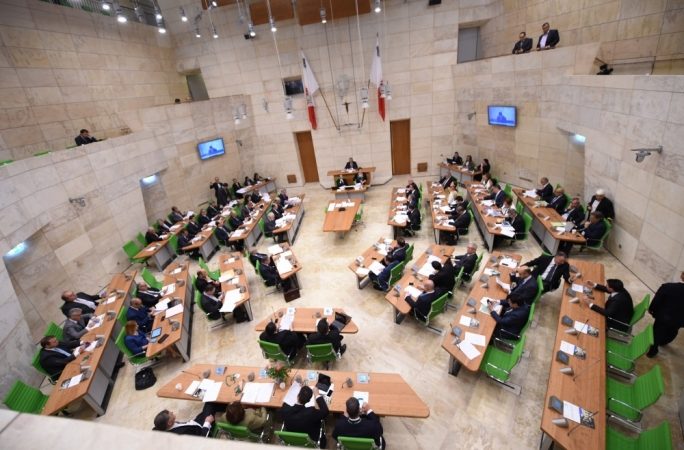Unsurprisingly, social media was awash with comments and posts trying to play down the importance of the Venice Commission report which put forward a number of recommendations to improve democracy in Malta.
Former Labour deputy leader and party grandee Joe Brincat likened the Commission to the Venice Carnival in a clear attempt to discredit the report and the rapporteurs.
The Venice Commission, an advisory body of the Council of Europe composed of independent experts in the field of constitutional law, does not need anyone to defend its credibility or independence.
Criticising members of the Commission on the grounds that their country is in a similar mess to Malta is like saying that Maltese diabetes specialists should not be allowed to work abroad because we have a diabetes epidemic.
In a nutshell, Europe’s foremost constitutional watchdog concluded that Malta’s Prime Minister has far too much power and its judges and prosecutors lack independence.
It also said that Malta does not have a proper separation of powers and found various violations of “essential requirements of the rule of law”. In essence, Malta is not as democratic as it thinks it is.
Read: What is the rule of law?
Chief Justice Emeritus Vincent Degaetano, serving at the European Court of Human Rights, could not put it better when addressing an event marking the 70th Anniversary of the Universal Declaration of Human Rights.
“[F]or the Rule of Law to be effective there must be a genuine predisposition, an attitude, of those in any position of power to give practical effect to these functional aspects of the Rule of Law, in other words to go beyond merely paying lip service,” he said.
And the attitude of the Maltese government is anything but satisfactory. Doing a Pontius Pilate government said, “the current system is a legacy which dates back to 1964 when the current Constitution was established”.
In its reaction, the government said that Prime Minister Joseph Muscat “believes the opinion of the Venice Commission to be a valuable contribution to the process of legal and constitutional reform in Malta” without, however, specifying how and when it would take these recommendations on board.
But no need to worry. The government said it would be passing on all the proposals to the constitutional committee, formed a few weeks ago consisting of members of the government and the Opposition led by the President.
But as Degaetano said, the rule of law requires not only that society is governed on the basis of laws but also that these laws are the result of a democratic process, adding that “those enacting the law are not the same as those deciding on its application in practice”.
Trusting the two main political parties with deciding what and how things should be changed is like allowing Barcelona and Real Madrid to change the offside rule, tamper with the Financial Fair Play rules and pick the referee of their choice for each and every match.
If government does implement some or all of the Venice Commission’s recommendations it will expect a standing ovation, but caution may be wise.
As former European Court of Human Rights Judge Vanni Bonello said in an interview with Newsbook, “Better poor laws in the hands of good people than perfect laws in the hands of crooks”.












